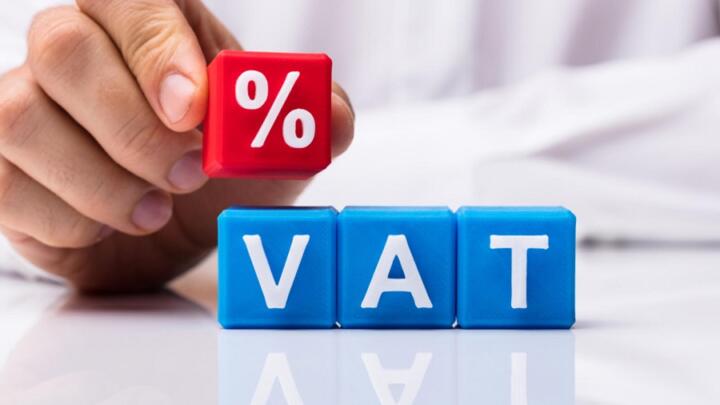Nigeria’s manufacturing sector has recorded a significant boost in its Value Added Tax (VAT) contribution, climbing 39 percent to N803.5 billion, according to the latest figures from the National Bureau of Statistics (NBS). This surge underscores the sector’s resilience despite grappling with economic headwinds such as high production costs, inflationary pressures, and foreign exchange instability.
The NBS report revealed that manufacturers remain one of the largest contributors to the country’s VAT revenue, accounting for a substantial portion of the total VAT collected nationwide. Analysts attribute this increase to improved tax compliance, gradual recovery in production activities, and heightened government enforcement of tax laws, which have compelled more companies to remit VAT on their goods and services.

Industry stakeholders highlight that the growth in VAT contributions reflects both the opportunities and challenges facing manufacturers. While higher VAT collection suggests increased turnover within the sector, it also signals the mounting cost pressures on businesses, many of which pass on these costs to consumers. With inflation hovering around record highs, Nigerian consumers are already contending with rising prices for manufactured goods, particularly food, beverages, household items, and building materials.
The Manufacturers Association of Nigeria (MAN) recently noted that despite the sector’s notable contribution to government revenue, many companies are operating under intense strain. Rising energy costs, limited access to foreign exchange, and inadequate infrastructure have forced firms to spend more on production. As a result, several manufacturers have either scaled down operations or relocated to countries with more business-friendly environments. The latest VAT growth figures, therefore, are seen as a double-edged sword—indicating an expanding tax base but also underscoring the sector’s vulnerability to economic instability.
Tax experts point out that the government’s increasing reliance on VAT as a revenue source has become more pronounced amid declining oil revenues. With oil production yet to reach pre-pandemic levels and global oil prices fluctuating, non-oil taxes like VAT have become critical to financing Nigeria’s budget. The government has also stepped up digitization efforts to expand the tax net and ensure compliance across industries.
The manufacturing sector’s rising VAT contribution is also linked to improved tax administration by the Federal Inland Revenue Service (FIRS). The agency has enhanced its electronic platforms for VAT remittance, making it easier for companies to comply with regulations. Additionally, FIRS has intensified audits and enforcement measures, which have led to improved collections across the board.
However, manufacturers continue to urge the government to address fundamental structural issues that impede growth. They argue that the current economic environment makes it difficult to sustain production and expand operations. MAN has consistently advocated for a reduction in multiple taxation and called on the government to provide fiscal incentives that will stimulate industrial activities. It has also urged for a stable and transparent foreign exchange policy to allow businesses to import critical raw materials without disruptions.
Economists warn that while VAT growth is positive for government coffers, it should not come at the expense of industrial competitiveness. The cost of doing business in Nigeria remains one of the highest in Africa, and without targeted reforms, the manufacturing sector’s capacity to create jobs and support economic diversification could be undermined.
The government has acknowledged these challenges and pledged to work with industry stakeholders to improve the business environment. Initiatives such as the Nigeria Industrial Plan and the African Continental Free Trade Area (AfCFTA) are expected to boost industrial output and encourage exports. But experts caution that without addressing high energy tariffs, poor infrastructure, and regulatory bottlenecks, these plans may fall short of expectations.
Despite these hurdles, the manufacturing sector’s growing VAT contribution highlights its central role in Nigeria’s fiscal sustainability and economic diversification. As the country continues to seek alternatives to oil revenue, the performance of the manufacturing industry will remain critical in determining the nation’s economic future.
Moving forward, industry players emphasize the need for a balanced fiscal approach that supports business growth while ensuring adequate government revenue. If reforms are implemented effectively, the manufacturing sector could not only maintain its strong VAT contributions but also expand production capacity, create more jobs, and drive Nigeria’s long-term industrialization agenda.
Support InfoStride News' Credible Journalism: Only credible journalism can guarantee a fair, accountable and transparent society, including democracy and government. It involves a lot of efforts and money. We need your support. Click here to Donate
